Hope is independent of the apparatus of logic
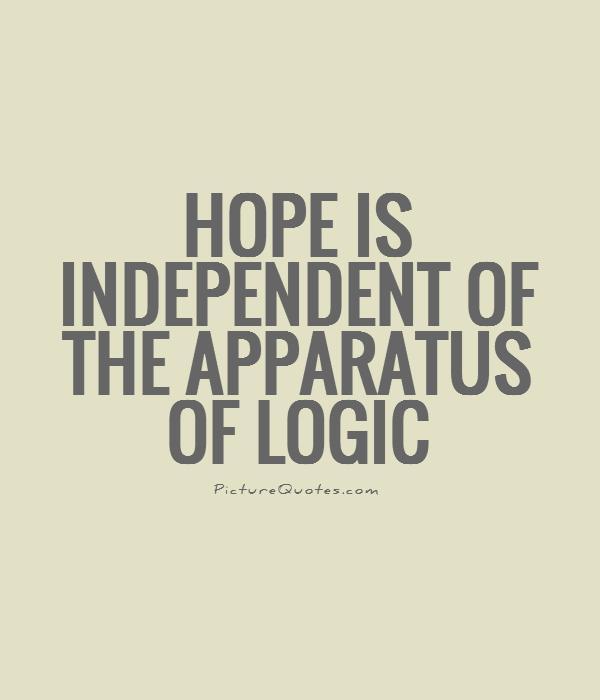
Hope is independent of the apparatus of logic
Norman Cousins, a prominent American political journalist, author, and professor, once said, “Hope is independent of the apparatus of logic.” This profound statement speaks to the power of hope and its ability to transcend rational thought and reasoning. In the context of Cousins’ words, it is clear that hope is not bound by the constraints of logic or reason; rather, it is a force that exists beyond the realm of the mind.Hope is a fundamental human emotion that drives us to believe in the possibility of a better future, even in the face of adversity and uncertainty. It is a source of strength and resilience that enables us to persevere in the face of challenges and setbacks. While logic and reason may dictate that a situation is hopeless or impossible, hope allows us to see beyond the limitations of our current circumstances and envision a brighter tomorrow.
Cousins’ words remind us that hope is not a product of rational thought or logical analysis. It is a deeply ingrained part of the human experience that defies explanation and understanding. Hope is a feeling, an intuition, a gut instinct that tells us to keep going, to keep believing, even when all evidence points to the contrary.
In times of despair and uncertainty, hope is often the only thing that keeps us going. It is the light at the end of the tunnel, the beacon of optimism that guides us through the darkness. When all seems lost, hope is what sustains us and gives us the strength to carry on.
Cousins’ words serve as a powerful reminder of the importance of hope in our lives. They remind us that hope is not a luxury or a frivolous indulgence, but a vital necessity for our emotional and mental well-being. In a world that is often filled with chaos and uncertainty, hope is what keeps us grounded and gives us the courage to face whatever challenges come our way.
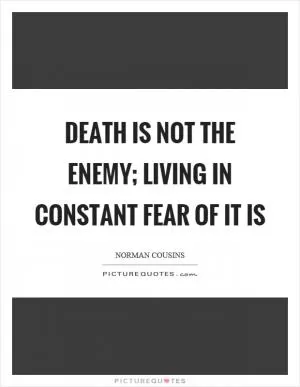
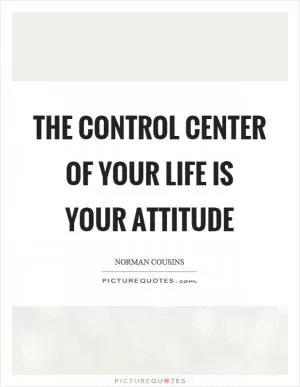
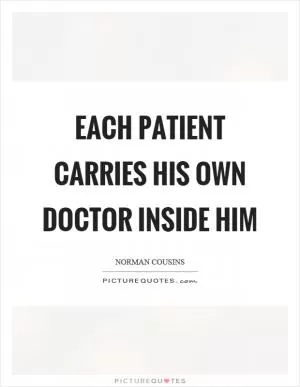
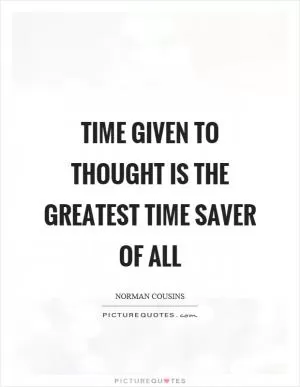
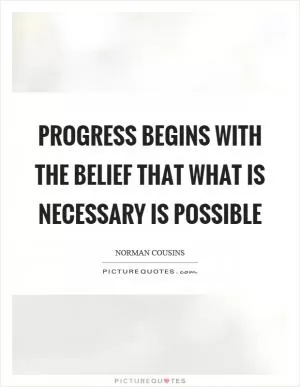

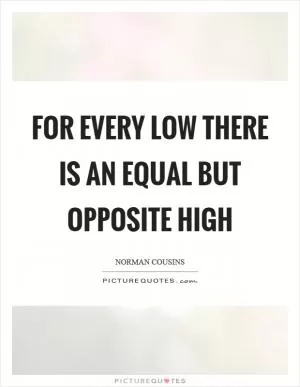
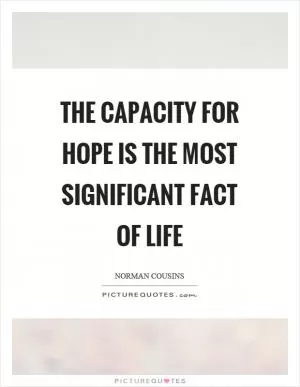
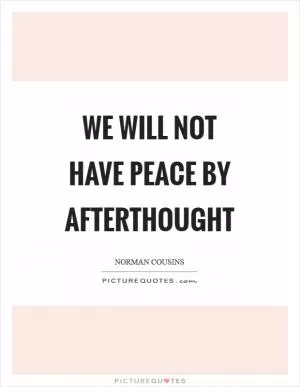
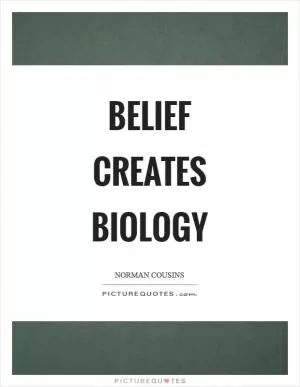
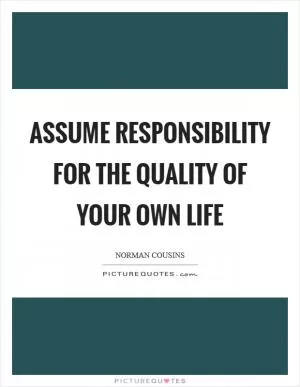

 Friendship Quotes
Friendship Quotes Love Quotes
Love Quotes Life Quotes
Life Quotes Funny Quotes
Funny Quotes Motivational Quotes
Motivational Quotes Inspirational Quotes
Inspirational Quotes